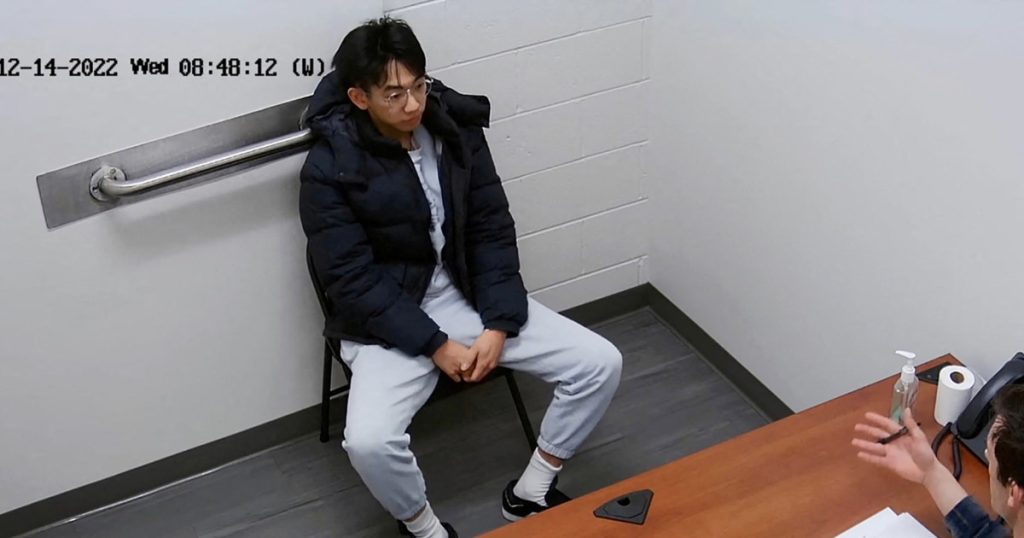A former Berklee College of Music student from China, Xiaolei Wu, was sentenced to nine months in prison for stalking and threatening a person who posted a pro-democracy flyer on campus. The flyer called for standing with the Chinese people, wanting freedom, and democracy. In response, Wu threatened to chop off the person’s hands, report their family to China’s public security agency, and publicly posted their email address, instilling fear in his effort to silence them. Wu’s criminal conduct was described as serious by acting U.S. Attorney Joshua Levy, who highlighted the use of fear of retribution from the Chinese government to harass and threaten the victim.
The victim, a U.S. permanent resident originally from China with family still living there, was targeted by Wu for posting the pro-democracy flyer. Wu was convicted of stalking and interstate transmissions of threatening communication in January and was sentenced to nine months in prison, as well as three years of supervised release by U.S. District Court Judge Denise Casper. Wu’s attorney did not respond to requests for comment, but authorities emphasized the gravity of his actions, which infringed on the victim’s constitutional rights and targeted her for criticizing the Communist Party of China.
FBI’s Boston Division Special Agent in Charge, Jodi Cohen, noted the serious consequences for Wu’s actions, which involved harassing, threatening, stalking, and infringing on a fellow student’s constitutional rights simply for criticizing the Communist Party of China. By weaponizing the authoritarian nature of the Chinese government to silence the victim, Wu’s behavior was described as incredibly disturbing. The case sheds light on the dangers of using intimidation and threats to suppress dissenting voices and shows that such actions will not go unpunished in the United States.
While the victim in this case bravely stood up in support of democracy, she faced severe consequences from Wu, who sought to silence her through fear and intimidation. Wu’s actions serve as a reminder of the risks associated with speaking out against oppressive regimes and the lengths to which individuals may go to suppress dissenting opinions. The sentencing of Wu to prison and supervised release highlights the seriousness with which the U.S. justice system views such behavior and underscores the importance of protecting individuals’ rights to free expression and criticism without fear of retribution.
By targeting a fellow student for expressing support for democracy, Wu attempted to stifle dissenting voices and prevent the open exchange of ideas on campus. His actions not only violated the victim’s rights but also undermined the values of freedom of speech and expression that are fundamental in democratic societies. The case serves as a cautionary tale about the potential consequences of using intimidation and threats to silence those with differing viewpoints and the need to protect individuals’ rights to engage in peaceful advocacy and activism without fear of retribution.
In conclusion, Xiaolei Wu’s sentencing for stalking and threatening a fellow student who posted a pro-democracy flyer underscores the gravity of his actions and sends a strong message about the consequences of using intimidation and fear to silence dissenting voices. The case highlights the importance of protecting individuals’ rights to free expression and criticism, especially when facing oppressive regimes or authoritarian governments. By standing up for democracy and speaking out against injustice, the victim in this case demonstrated bravery in the face of adversity, while Wu’s actions serve as a stark reminder of the lengths to which some may go to suppress dissent and preserve the status quo.


